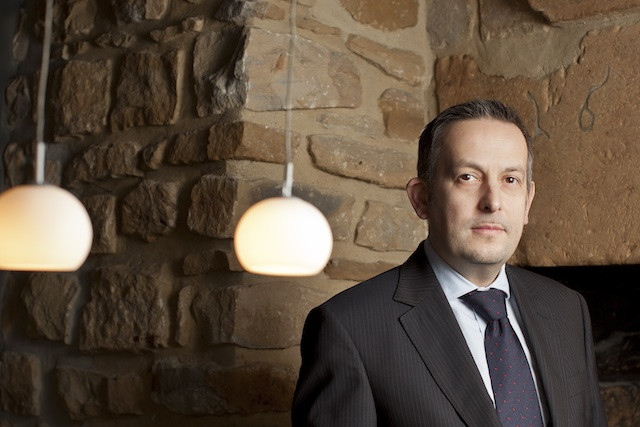The first step is to understand the basic rules of how couple’s assets are held under Luxembourg law. “All my worldly goods I thee endow” is how many in the English-speaking world understand how our savings, investments and property are shared after marriage.
Luxembourg law (and other countries with “civil code” legal systems) sees things differently. Marriage property rights law allows couples to choose one of three matrimonial regimes (see table on next page). This is important for divorce but also inheritance.
Three options
Under the common law system it is standard practice for all assets to be shared 50/50, whatever their nature and whether they were acquired before or during a marriage. In Luxembourg, this arrangement is one of three options, but is not the automatic, default situation. To choose this arrangement, couples need to change their status with a notary.
In Luxembourg the default is the “statutory marriage regime”, which is akin to a form of the optional “prenuptial agreement” seen in common law countries. Under this arrangement all assets earned by the couple after the wedding day are held jointly, shared 50/50. However, any property or assets owned before marriage (or received through inheritance or as a gift) remains the exclusive property of that individual. This option is the default situation for married couples, whether they got hitched here or abroad. Those in an official partnership can choose this regime through a notary.
Alternatively, there is the separate ownership regime where all assets are held separately. In this case, if partner A earned twice as much as partner B, the former would expect to take two-thirds of earnings made during the marriage/partnership in the settlement. As well, neither would have any rights over their spouse’s assets acquired before the relationship. This is the default option for people in an official civil partnership, or those just living together. Married couples can jointly opt for this option. Changing status can be made by any consenting couple where both partners are aged 21 and over. Changes can only be made every two years.
Just about assets held in common
Thus, any divorce settlement can only concern assets held in common. For example, if a couple have bought a house together, future ownership shares will either be decided by mutual agreement or by a judge. However, a spouse would have no claim on a holiday home inherited by the other spouse during the marriage, even if the pair had treated the property as “theirs”. Similarly, gifts given to either spouse (such as by their employer for long service or private transactions) would remain their property after the divorce.
Minimising the losses
Despite this, there is still much that can be haggled over. “Couples save themselves substantial stress and money if they can agree on a settlement amicably,” noted Pierre Reuter, a partner and head of family law at the Thewes & Reuter legal practice. “If these matters can be decided with a neutral arbitrator before going to a lawyer or notary, then it’s mainly just a question of covering court costs to a total of €1,500-€2,000,” he said.
However, complicated, contested divorces can take years and cost several tens of thousands, plus you put the division of assets and allocation of access to your children in the hands of the courts. “It will be the judge’s job to decide what a couple intended when they got married,” Reuter explained. “Good negotiations are better than a bad court judgement,” he warned. For example, if the couple can’t agree on how the family home should be decided, the court will put the property up for forced sale by auction. Often the price agreed will be less than the average market valuation.
Multi-national, multiple problems
Normally, Luxembourg law will govern the case, but if the couple were married abroad, or are of different nationalities, things can become more complicated. For example, UK law is generally seen as being particularly generous to the spouse who earns least. Whereas in Luxembourg it is known for the non-working spouse to receive just the minimum social income of around €1,400 per month. Thus it may be in the financial interest of one of the partners to seek to have the settlement decided in another country.
Couples can in certain cases opt to have their divorce judged in Luxembourg courts using another country’s law if this can be relevant. “Luxembourg has built up experience of divorces for French, German, Portuguese people and so on, but if you are a Swede who married a Pole in the Maldives, things can get complicated,” Reuter explained. There is greater flexibility using law from other EU countries in Luxembourg, but organising the official legal translations and opinions will of course be costly. Things get particularly tough if one of the spouses lives in another country, even just across the border.
Complications multiply when it comes to the division of foreign property. If this is contested, it will be a question of coordinating disputes in the courts of multiple jurisdictions. “This can be a total mess,” commented Reuter. “We have one case running for more than 20 years of a Belgian client who lived here with properties around Europe but who died outside the EU.” Even if situations like this are put into matrimonial contracts, it is still possible to challenge details in the local courts.
